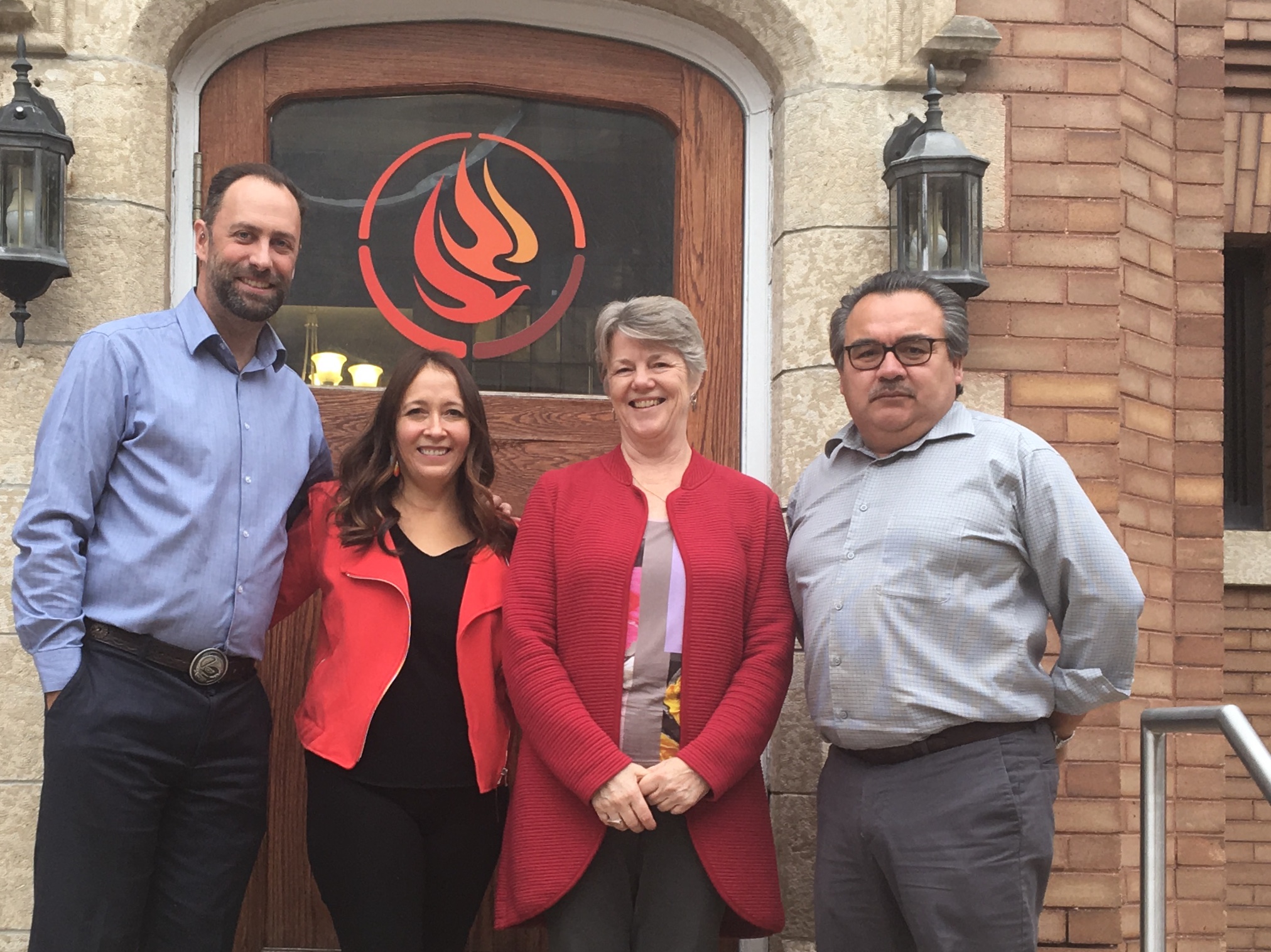Truth and Reconciliation and Philanthropy, AFP Inclusive Giving Fellow perspective
The Truth and Reconciliation Commission of Canada over a six year period heard testimony from over 6,000 Residential School Survivors from across Canada. In 2015, the Commission released their final reports and 94 calls to action. It is estimated that 150,000 Indigenous children attended the 80 residential schools in Canada. My mother as a young child was forcibly removed from her community and placed in residential school until she was 16. She passed at the age of 49 and I know that she had never fully recovered from her experiences of residential school. Although my family has been directly impacted by the legacy of residential school, we are still strong and resilient. I see this strength and resiliency in Indigenous communities all across Canada.

I do believe that the truth about Canada’s history with Indigenous people is important to share and we all have a role in reconciliation, including the philanthropic sector. As stated in the Honouring the Truth Final report, that reconciliation must inspire Indigenous and non-Indigenous peoples to transform Canadian society so that our children and grandchildren can live together in dignity, peace, and prosperity on these lands we now share.
As an AFP Inclusive Giving Fellow, my goal is to encourage the philanthropic sector to support Truth and Reconciliation calls to action and build a better future for the generations to come. I am encouraged by other AFP fellow members, who have shared with me what their organizations are doing to respond to the TRC’s calls to action.
Wondering what you can do, here are a few suggestions. Be an ally with Indigenous people in addressing inequalities and create spaces for voices to be heard, provide resources or help fundraise for Indigenous led initiatives, and promote the work of Indigenous agencies. Another other way to support the Truth and Reconciliation is to financially support the National Truth and Reconciliation Centre, which was created to preserve the memory of Canada’s Residential School system and legacy. Not just for a few years, but forever.
I had the pleasure to visit the NTRC, along with my AFP mentor Joan Blight. We met with Ry Moran, Director and Laver Simard, Project Manager. I learned so much about rich history, the sacred reasonability to hold onto the truth and their vision the future. As I travel this journey, I will continue to learn and be inspired by spirit and intent of the Truth and Reconciliation.
Sharon Redsky is AFP Inclusive Giving Fellow and development coordinator with Dakota Ojibway Child and Family Services.
References:
http://nctr.ca/assets/reports/Calls_to_Action_English2.pdf
http://nctr.ca/assets/reports/Final%20Reports/Executive_Summary_English_Web.pdf






